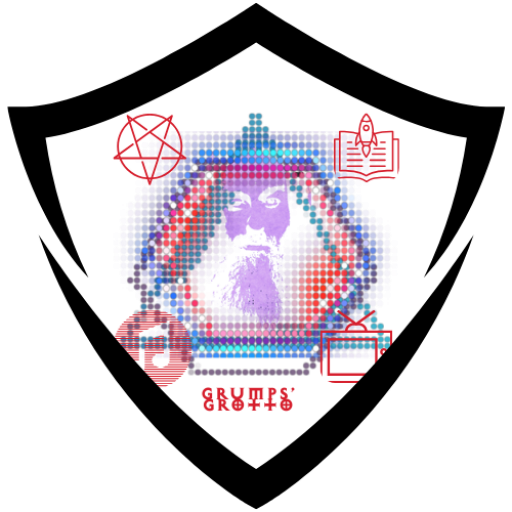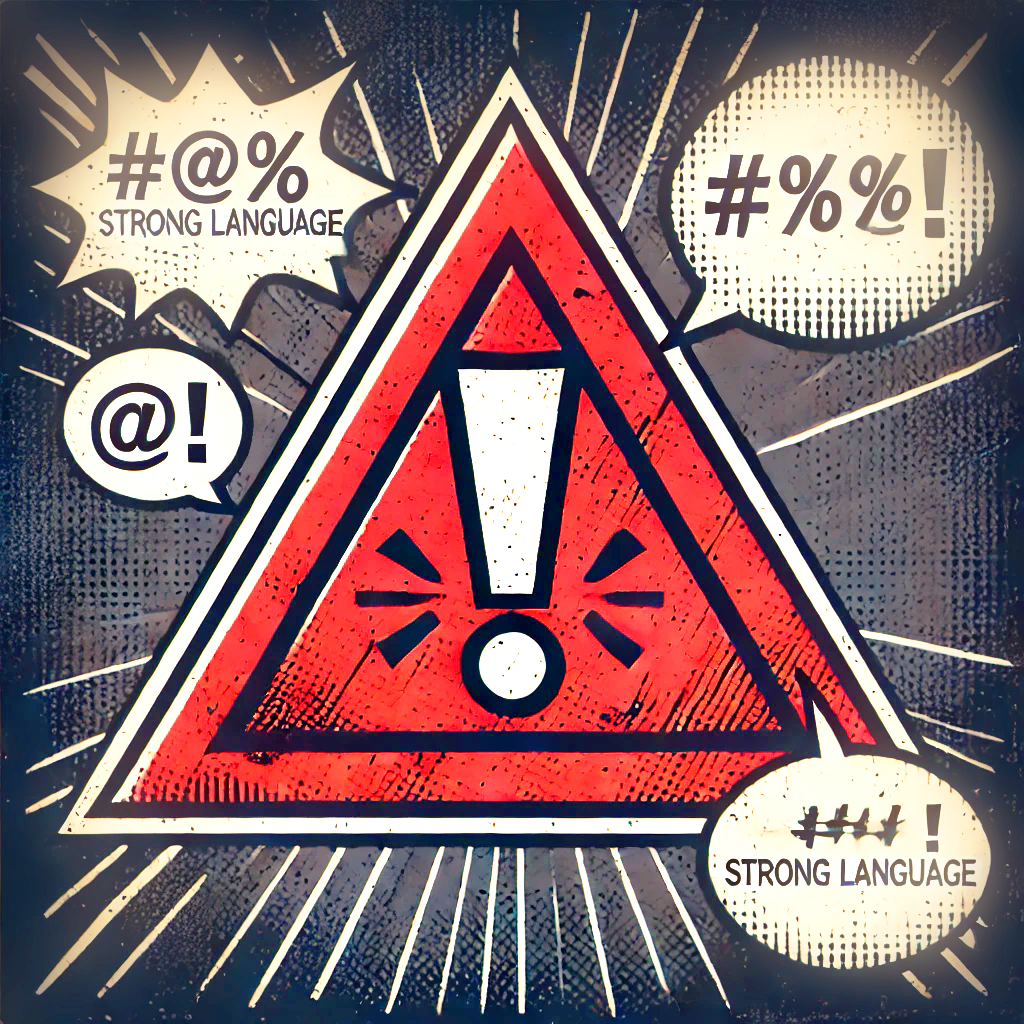The act of writing is inherently rebellious. It is a challenge to the status quo, a refusal to accept the world as it is. Writers, armed with their words, become agents of change, their pens transforming into swords that pierce through complacency and ignite the flames of revolution.
But what does it truly mean to be a rebellious writer? It is not simply about tearing down existing structures, but about building new ones, about forging narratives that challenge prevailing norms and inspire a reimagining of the world. It is about using the power of language to subvert expectations, expose injustices, and give voice to the voiceless.
The Ethical Imperative of Rebellion
Rebellion, in the context of writing, is not a mindless act of defiance. It carries with it an ethical imperative, a responsibility to wield this power judiciously. The rebellious writer must be mindful of the impact their words can have, using their craft to promote empathy, understanding, and social justice.
This ethical responsibility extends to the very act of creation. Writers must be conscious of the narratives they perpetuate, challenging stereotypes and biases that perpetuate inequality. They must strive to create inclusive worlds where diverse voices are heard and celebrated.
The Craft of Subversion
Subversion is the writer’s most potent weapon. It is the art of undermining authority, challenging dominant narratives, and exposing the cracks in societal structures. Through satire, irony, and allegory, writers can unveil the absurdity of oppressive systems and inspire readers to question the world around them.
Consider the works of authors like George Orwell and Margaret Atwood, whose dystopian narratives serve as powerful critiques of totalitarian regimes and social injustices. Their stories, while fictional, hold up a mirror to our own world, forcing us to confront uncomfortable truths and question the status quo.
The Power of Empathy and Hope
Rebellious writing is not merely about tearing down; it is also about building up. By crafting narratives that foster empathy and understanding, writers can bridge divides, challenge prejudices, and create a more inclusive society.
Take, for instance, the works of Toni Morrison and Maya Angelou, whose stories delve into the complexities of race, identity, and trauma with unflinching honesty. Through their powerful narratives, they invite readers to step into the shoes of others, to understand their struggles, and to empathize with their pain.
But rebellion is not just about exposing darkness; it is also about illuminating hope. By offering glimpses of a better future, writers can inspire readers to believe in the possibility of change and to actively participate in creating a more just and equitable world.
The Digital Age of Rebellion
The digital age has ushered in a new era of rebellion, where writers can leverage the power of online platforms to reach global audiences and amplify their voices. Social media, blogs, and online publishing platforms have democratized the writing landscape, giving writers unprecedented opportunities to challenge injustice, mobilize movements, and spark change on a global scale.
However, this new era also presents new challenges. The digital space can be a breeding ground for misinformation and hate speech, making it crucial for writers to uphold ethical standards and use their platforms responsibly.
Embracing the Rebellious Spirit
As writers, we have a duty to embrace our rebellious spirit. To challenge norms, to inspire change, and to create a more just and equitable world. Let us wield our pens with courage and conviction, and let our stories be a beacon of hope in a world that desperately needs it.
Join the conversation: How can writers use their craft to inspire rebellion and spark change in the digital age? Share your thoughts and ideas in the comments below.




Leave a Reply